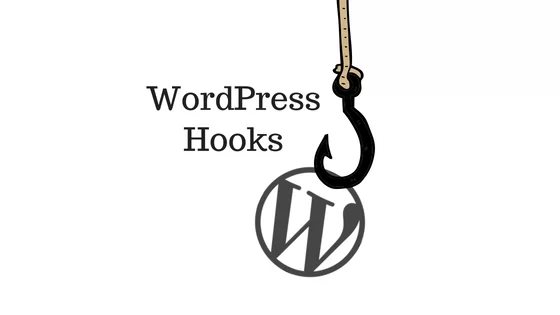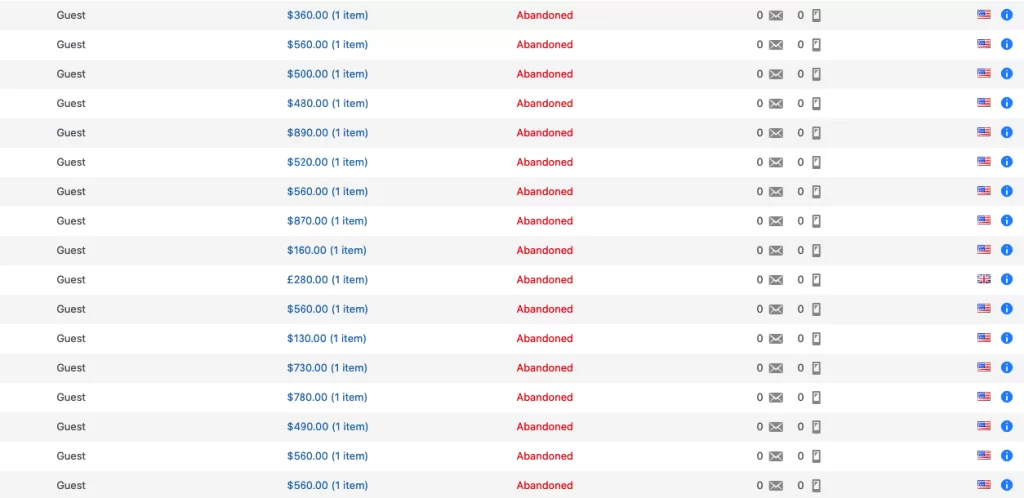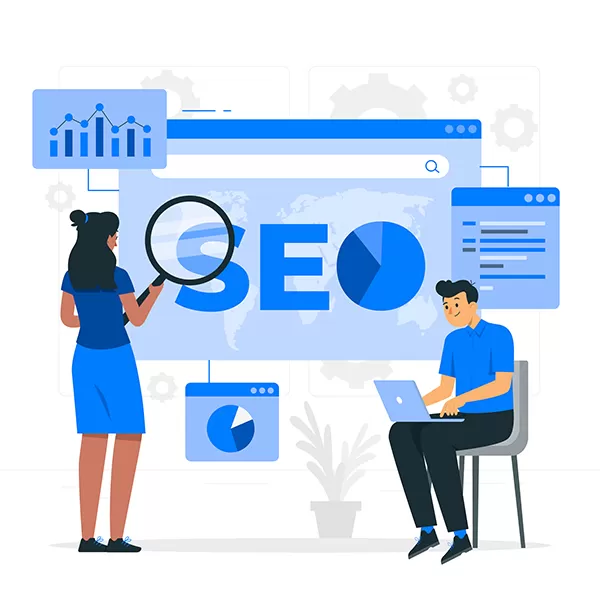Make Your WordPress Site Fast, Stable & Google Friendly
Is your WordPress site slow, glitchy, or underperforming in Google? I’m here to help you fix that with real technical solutions, not magic plugins.
What You’ll Find Here
Whether you’re a developer, business owner, or just a curious website admin this site is packed with practical tutorials, snippets, and hands-on fixes for speed and SEO.
- ✅ Core Web Vitals (LCP, CLS, FID)
- ✅ WordPress speed hacks
- ✅ Clean code snippets
- ✅ Plugin & theme fixes
- ✅ Technical SEO tips that actually work

Why Trust Me?
I’ve been building and optimizing WordPress sites for 14+ years. I’ve fixed hundreds of real-world Core Web Vitals issues, helped WooCommerce stores pass Google’s speed tests, and improved rankings through technical SEO.
Explore by Category:
Core Web Vitals
Real-world solutions for fixing CLS, LCP, INP and FID issues especially for WordPress users who want to pass Google’s PageSpeed tests.
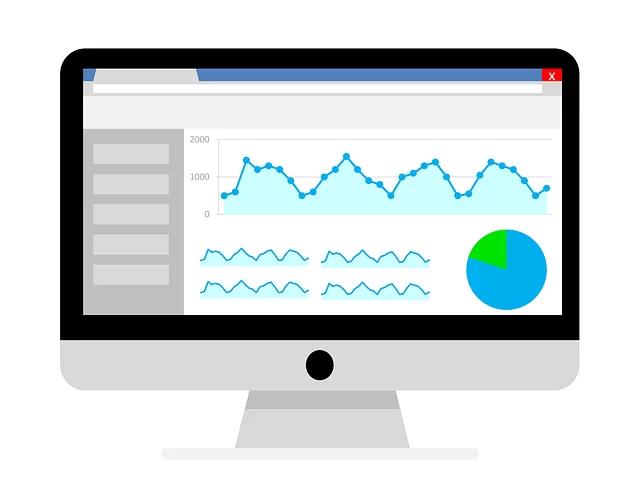
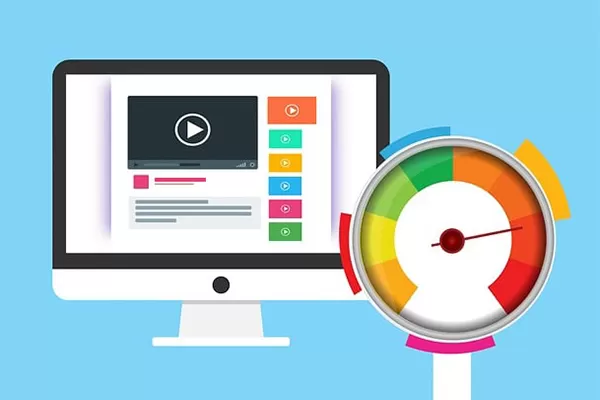
Snippets
I share useful hooks that improve the functionality of popular plugins like Perfmatters, WP Rocket, Elementor, Divi, Beaver Builder, and more along with solutions and enhancements for WordPress and WooCommerce.
Tips and Tricks
Learn how to troubleshoot problems, boost Core Web Vitals and SEO, and configure must-have WordPress plugins for better performance.

Don’t Miss Our Newest Blog Posts:
- Boost WooCommerce SEO with Additional Category Descriptions
- How to Add a Simple Popup Notification to Your WordPress Site Without Plugins
- How to prevent bots from adding items to cart – WooCommerce
- How to Create an Effective SEO Strategy
- How to fix sending emails in Gravity Forms
- How to Change YouTube Thumbnail Resolution in WP Rocket LazyLoad
